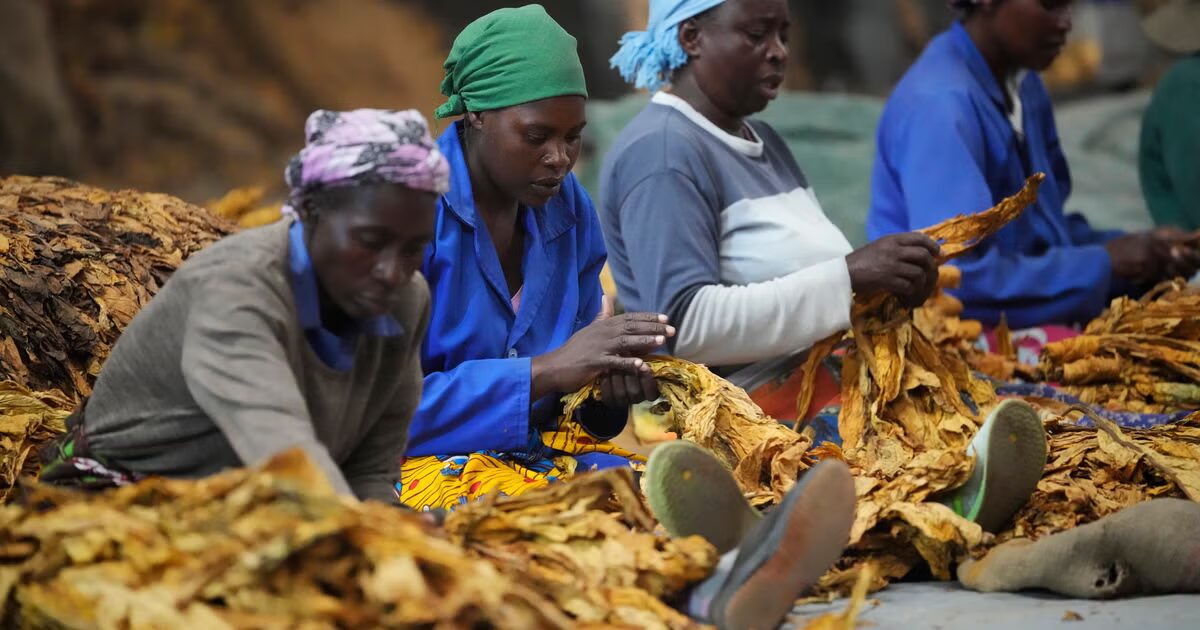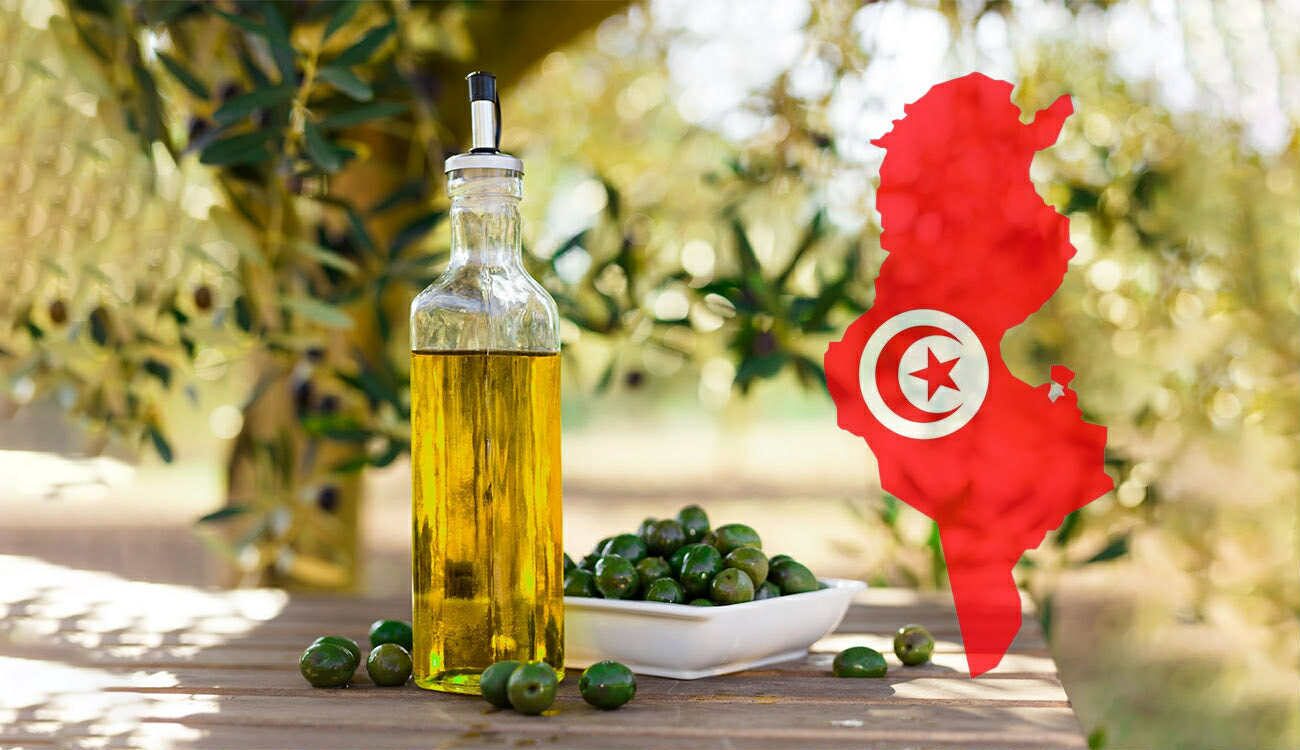
Saturday 19th April 2025

President Adesina (center in blue suit), Vice President Kashim Shettima (to his left in beige traditional attire) lay the foundation for the $538 million Special Agro-Industrial Processing Zone in Adiabo, Cross River State, on April 10, 2025, marking a milestone in Nigeria’s journey to become a food export leader through Agro-industrialization.
Por inAfrika Reporter
Nigeria’s Vice President, Kashim Shettima, and African Development Bank (AfDB) President, Dr. Akinwumi Adesina, on April 10, 2025, launched the construction of a Special Agro-Industrial Processing Zone (SAPZ) in Cross River State. This landmark project aims to tackle food insecurity, enhance local agricultural production, and position Nigeria as a global leader in food exports.
The SAPZ initiative, which focuses on Agro-industrializing crops such as cocoa and cassava, is set to leverage Cross River’s ports and research assets to drive global trade, reduce food imports, and enhance the country’s agricultural value chains. The groundbreaking ceremony in Cross River follows a similar event in Kaduna, marking the beginning of the first phase of the $538 million SAPZ program. The program will be expanded to other states such as Kano, Kwara, Imo, Ogun, Oyo, and the Federal Capital Territory.
Vice President Shettima emphasized the national importance of the SAPZ program, stressing the need for collaboration among the federal and state governments, development partners, the private sector, and local communities to ensure its success. AfDB President Adesina praised the initiative, highlighting Nigeria’s vast agro-ecological areas and cheap labor as key factors that should reduce the country’s reliance on food imports. He also pointed out the strategic importance of Cross River’s Bakasi deep seaport, which will serve as a logistics hub for trade with neighboring countries like Cameroon and Equatorial Guinea.
The SAPZ is seen as a crucial step toward transforming Nigeria’s agricultural sector and fostering economic growth in rural areas by creating jobs, wealth, and prosperity through Agro-industrialization. The project is expected to enhance Nigeria’s food security and increase its competitiveness in the global food market.


